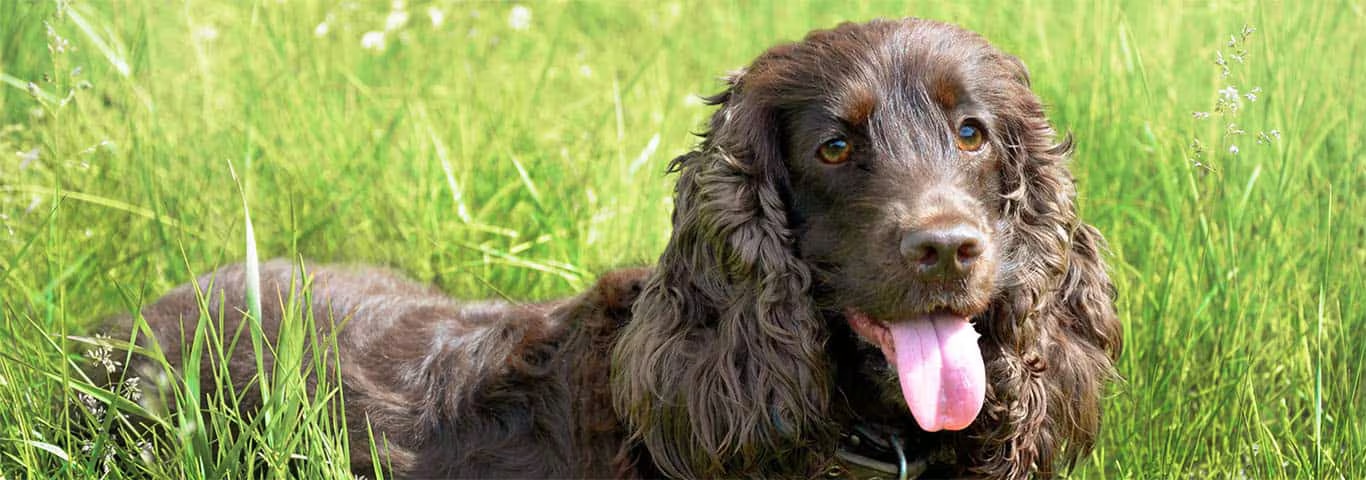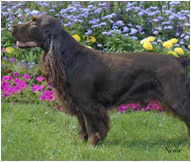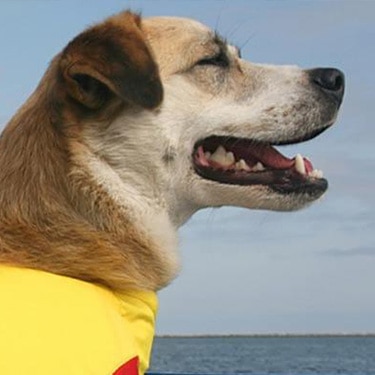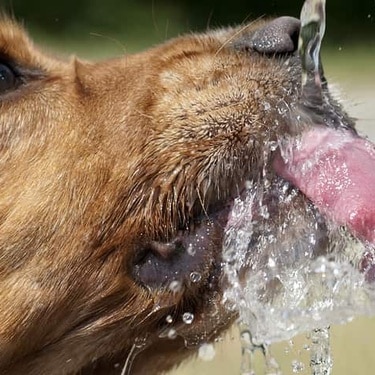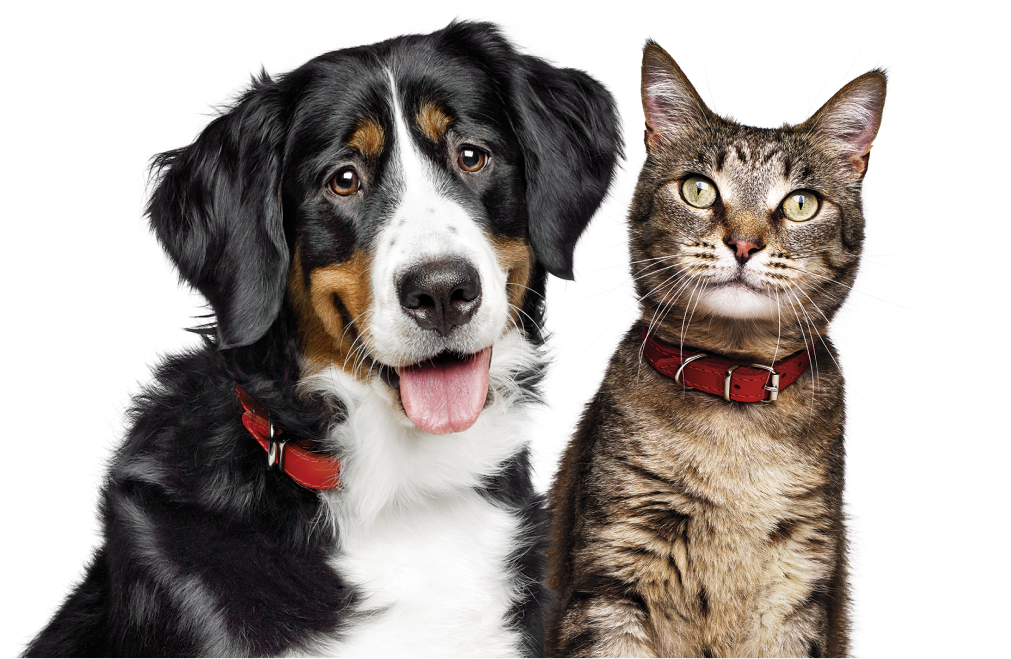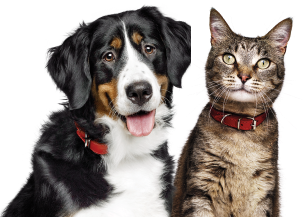Field spaniels are mild-mannered, sensitive and affectionate dogs. They tend to be reserved or even timid with strangers, but they are utterly devoted to their human companions.
Even though the field spaniel may exhibit some emotional reserve, the dog is no Casper Milquetoast when given a job to do. These dogs love to retrieve and are fond of water. Their hunting instincts may cause them to roam. They enjoy being active and need both regular exercise and time with their owner if they are to thrive.
Today's field spaniel has the potential to be a competent hunter, retriever and tracker as well as a loving family pet.
The field spaniel's sensitivity and docility make gentle, non-coercive training a must. Equally important is steady and consistent exposure to a wide variety of people, places and situations, especially when the dog is a puppy. The dog is fine for families with considerate, well-supervised children.
Long leash walks will provide the exercise the dog needs and still keep it under your control.
Grooming needs of the field spaniel are minimal to moderate; brushing once or twice a week should be adequate to maintain the coat.
The field spaniel was developed in England during the second half of the 19th century in an effort to produce a medium-sized, all-black hunting dog that could work equally well on land, in water or in dense cover.
Several spaniel varieties were being developed during this period, and considerable interbreeding took place among them. However, with the advent of the formal dog show, classifications among spaniels became more formal, too. Eventually, spaniels under 25 pounds (11 kilograms) were designated as cocker spaniels; spotted dogs became English springer spaniels; and solid-colored dogs that weighed more than 25 pounds (11 kilograms) were given the name field spaniel.












